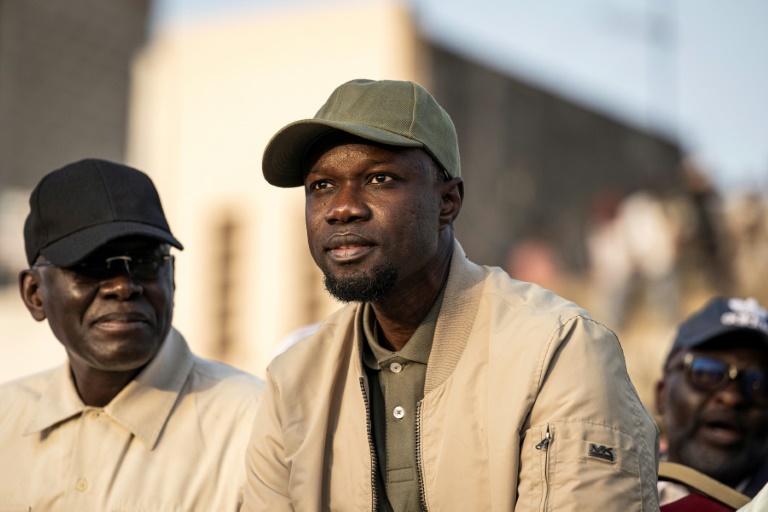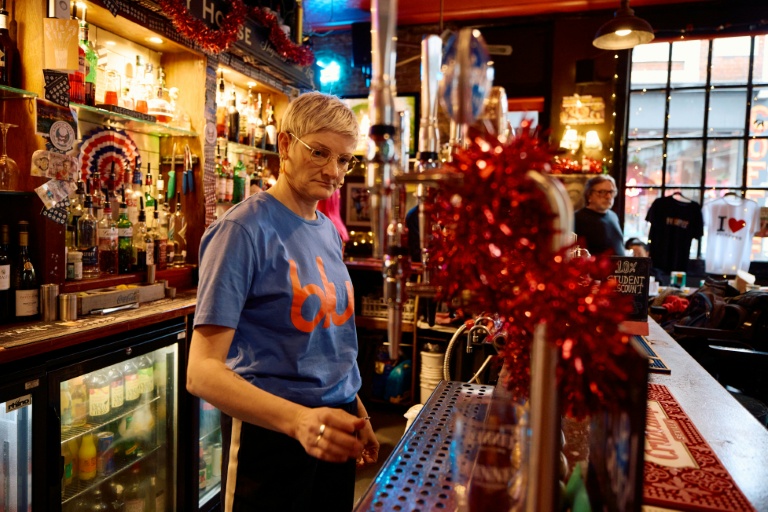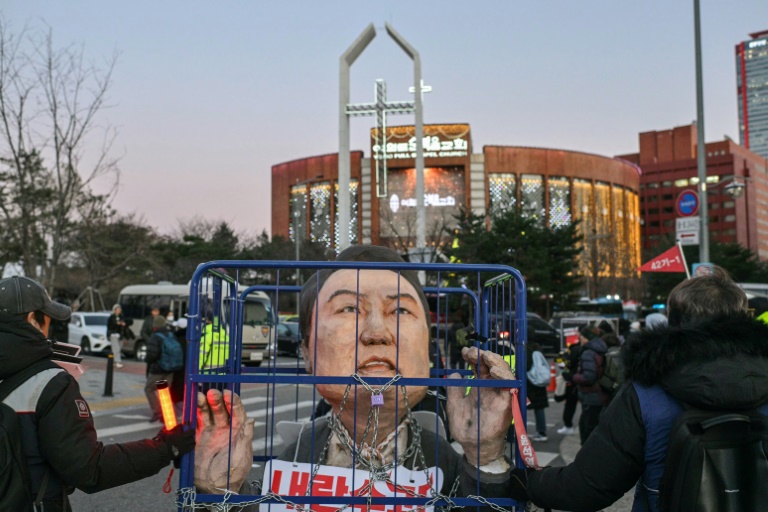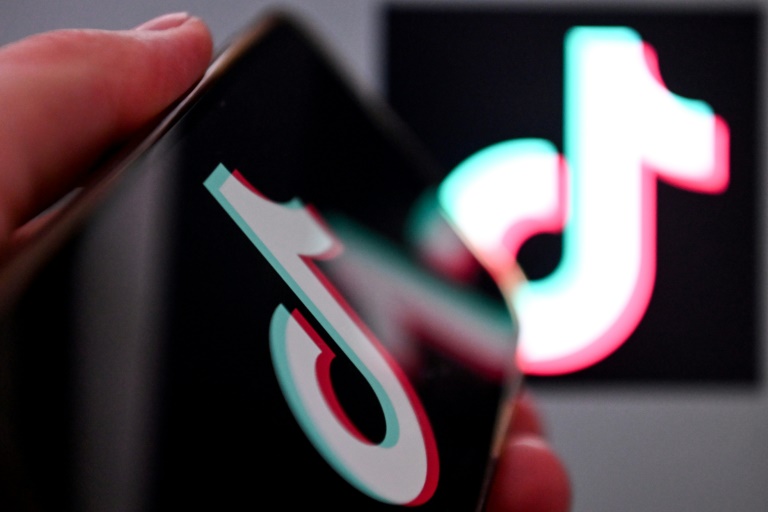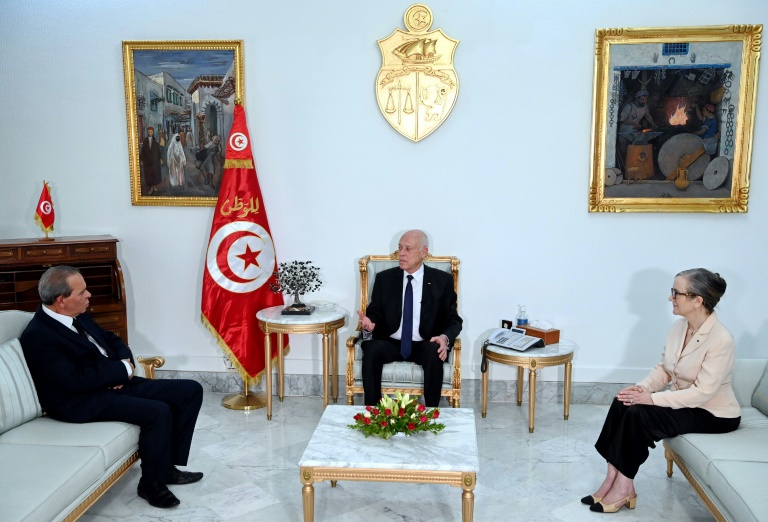AFP
Senegal has been plunged into uncertainty over who could become the next president, seven months ahead of elections, after the incumbent confirmed he would not run and his chief opponent was indicted.
President Macky Sall, who is coming to the end of his second term, and firebrand opposition politician Ousmane Sonko had been widely seen as the front-runners in the February 2024 presidential poll.
But Sall, who was elected in 2012 and again in 2019, ended months of speculation in early July by announcing he would not seek a third term, the legality of which had been disputed.
Sonko was on Monday indicted on criminal charges including fomenting insurrection and placed in custody, the latest in a series of legal affairs.
It now seems more likely than ever that Sonko, who had already been convicted in two other cases, will be unable to contest the election.
Some 40 candidates have already been declared, but there are no clear favourites, despite former prime ministers Idrissa Seck and Aminata Toure throwing their hats into the ring.
It is unclear whether two other political opponents — Khalifa Sall and Karim Wade — will be able to run. They were prevented from contesting the 2019 vote because of legal convictions of their own.
“With just a few months to go before the presidential election, there is no clarity and many clouds hanging over the candidacies,” Babacar Fall, who runs a democracy research NGO, told AFP.
“This is an unprecedented situation — there are no certain candidates”.
Sall is the first president since independence in 1960 to call an election in which he will not take part.
His political coalition has given him carte blanche to appoint a successor, which he has yet to do.
The possible contenders include Prime Minister Amadou Ba; the president of the Economic, Social and Environmental Council, Abdoulaye Daouda Diallo; Agriculture Minister Aly Ngouille Ndiaye; National Assembly speaker Amadou Mame Diop and ex-premier Mahammed Dionne.
The opposition has been dealt a number of blows lately, particularly Sonko’s PASTEF party.
Shortly after Sonko’s indictment on Monday, the interior minister announced the party would be dissolved.
PASTEF said it would challenge the decision in court, saying Sonko’s candidacy was “the only thing that matters”.
“There is no plan B,” Ngouda Mboup, a party adviser, recently said on local television.
After Sonko was placed in custody and his party dissolved, clashes broke out around the country, leaving several people dead.
But while the party said authorities had opened the floodgates for “chaos”, the security situation has remained mostly calm.
Questions remain over the fates of Khalifa Sall, who has no relation to the president, and Wade.
While they have received presidential pardons, they remain deprived of their electoral rights due to convictions in financial misappropriation cases — legal affairs they, like Sonko, have claimed were aimed at keeping them out of politics.
Sall has agreed to amend the electoral code to allow them to run. The matter was expected to be debated in parliament in late July, but the debate did not take place.
Candidates are due for preliminary screenings at the end of August. To qualify they will need the signatures of 0.6 to 0.8 percent of the electoral roll, or about a hundred heads of local government, or at least 13 of 165 MPs.
The Constitutional Council will publish the final list of candidates in December.
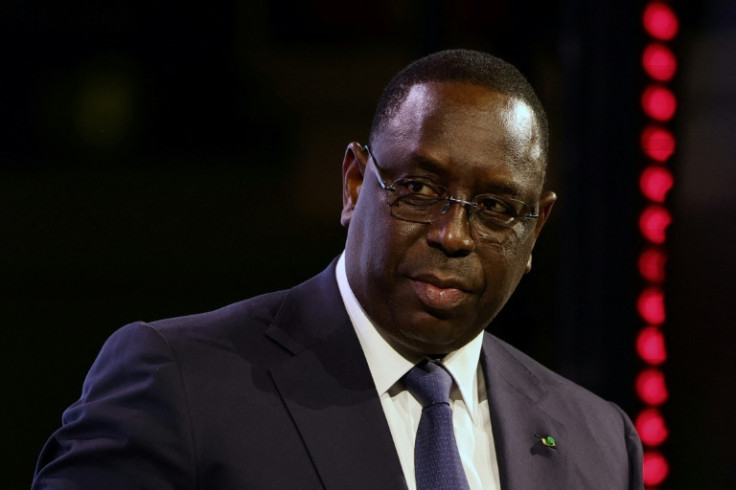
AFP
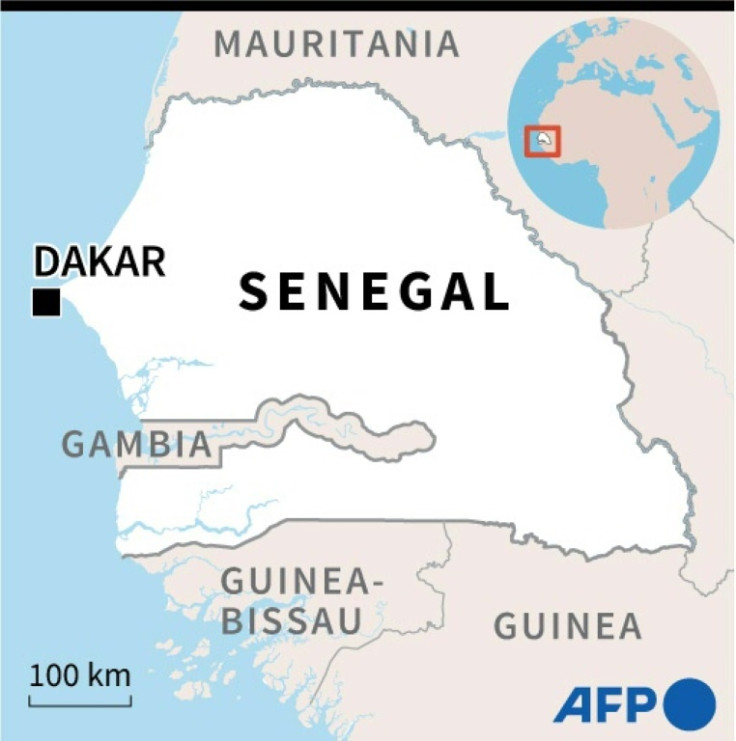
AFP

